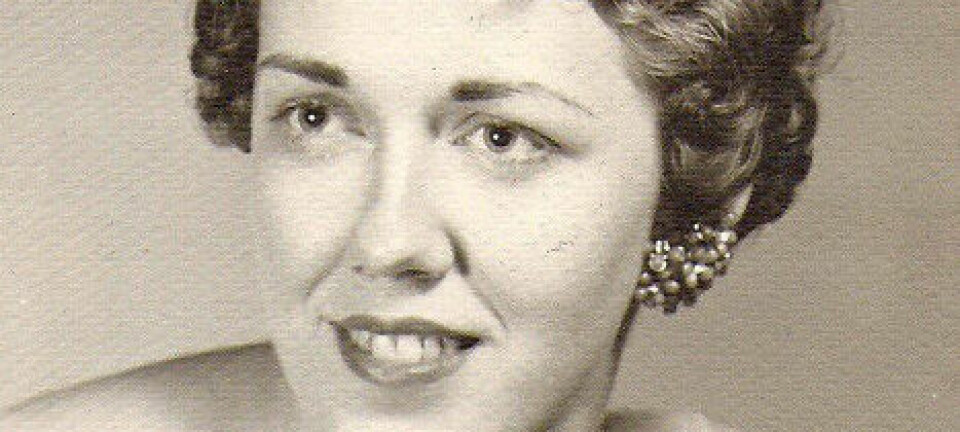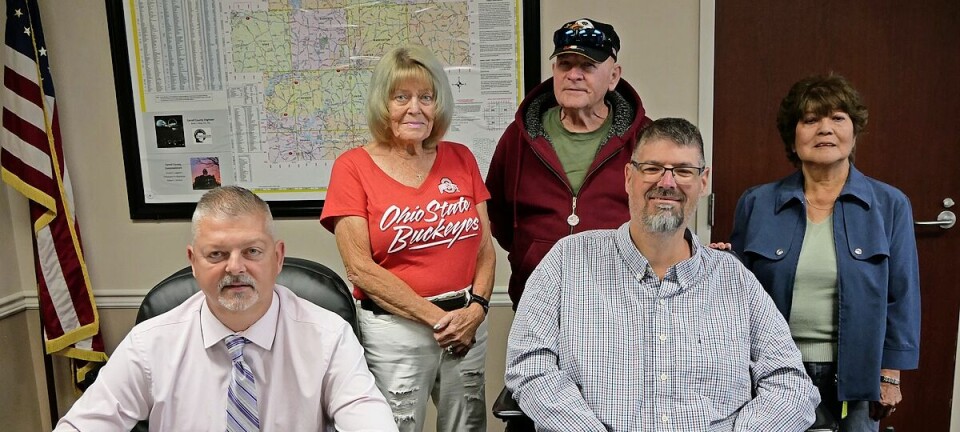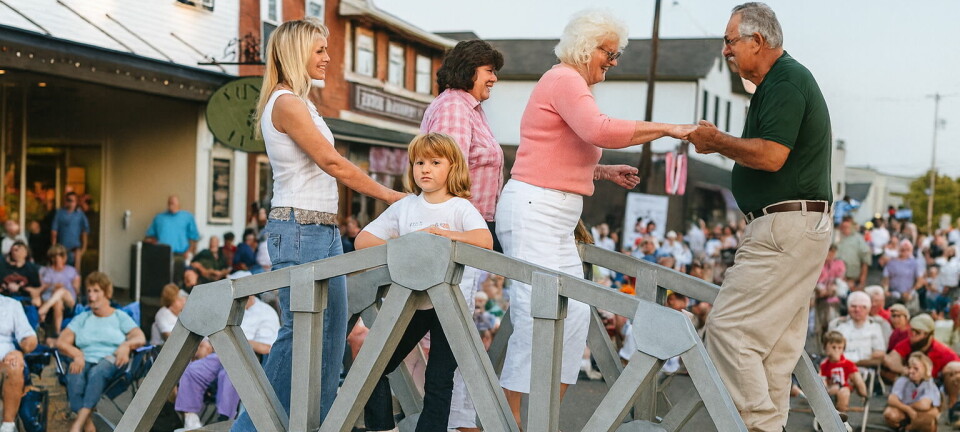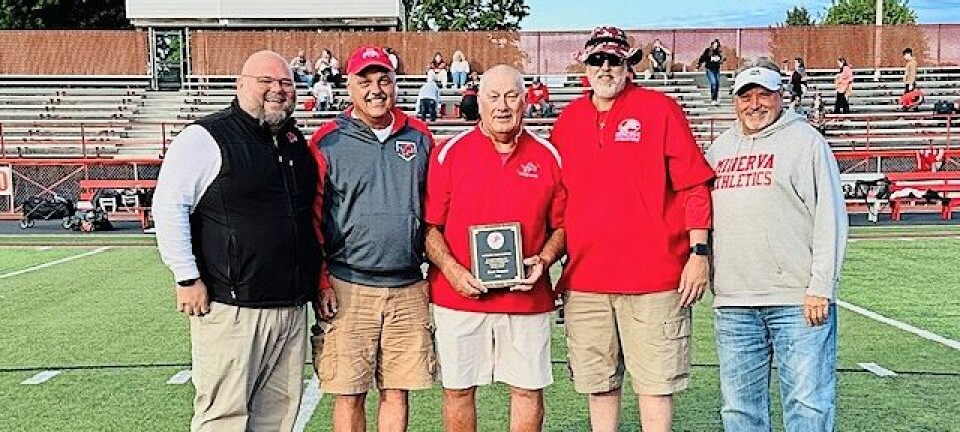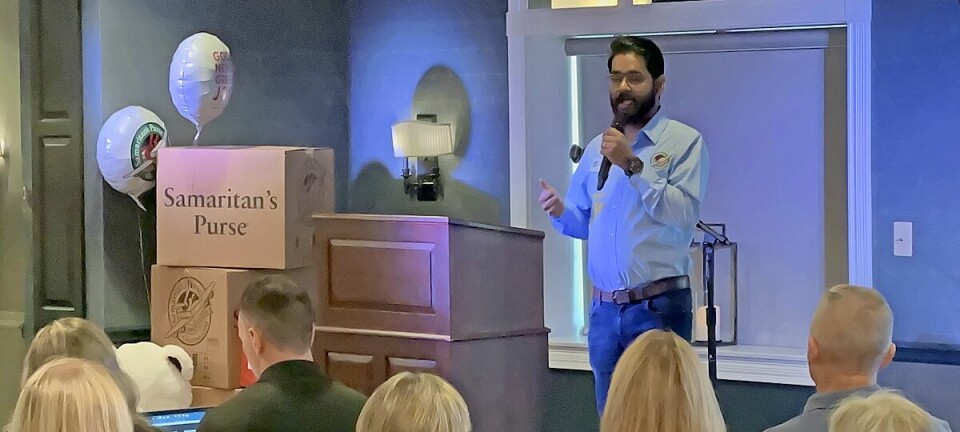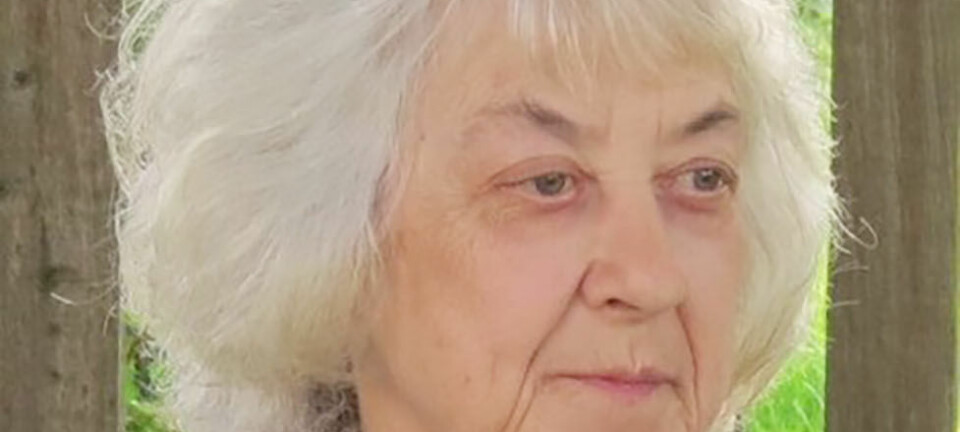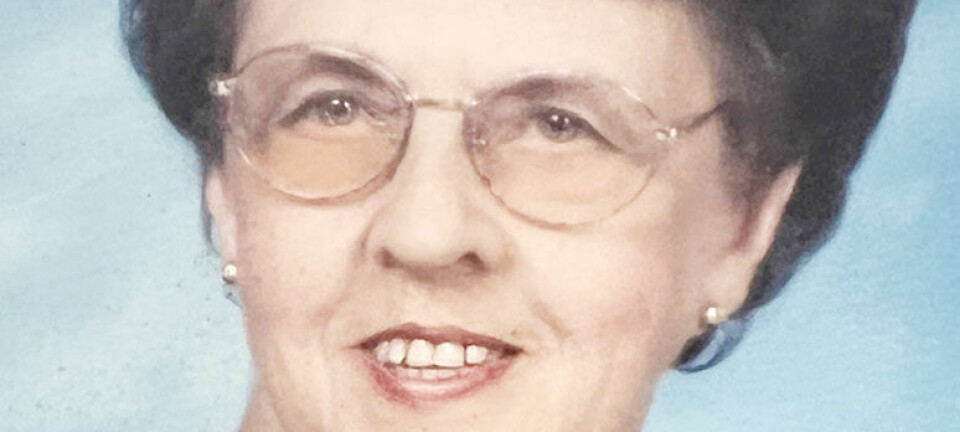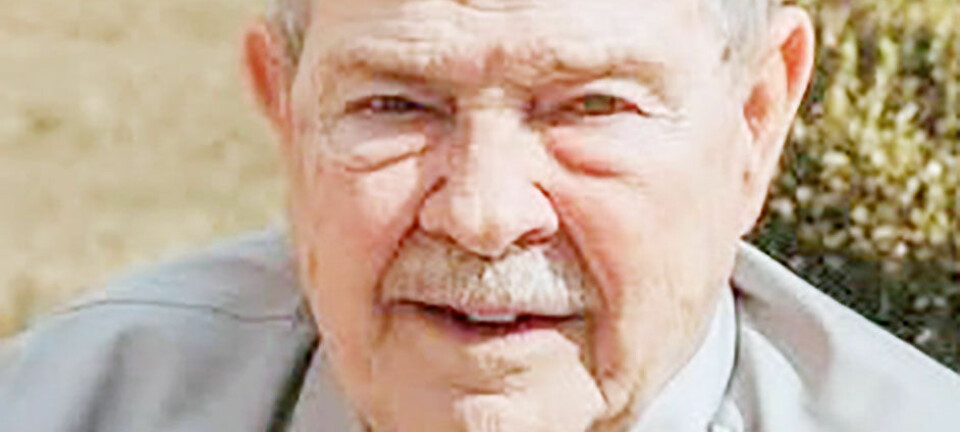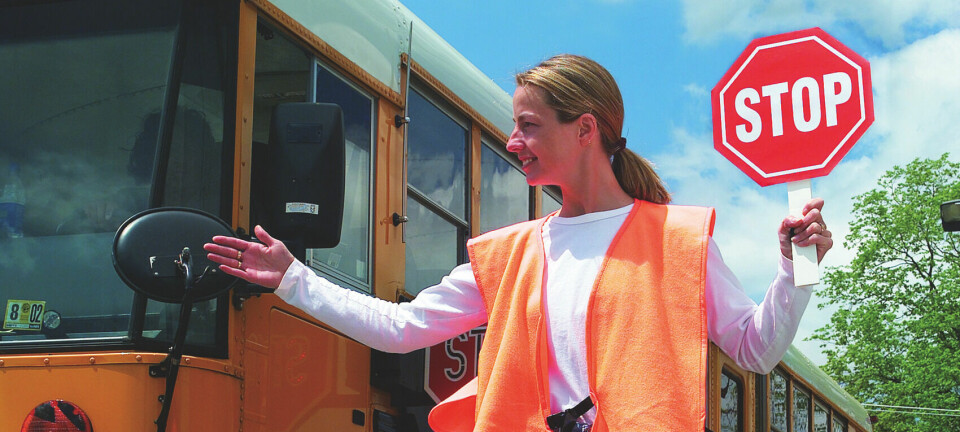OneEighty workshop sheds light on domestic violence

She reached out for medical assistance, only to find it useless. No one understood her. She had no way to explain what was wrong or why she needed help. The response she received? Total gibberish. She did not speak English.
Her husband didn't allow her to take classes to learn. The only thing she could do was return home, where her husband physically abused her, again, again and again until the last time when he killed her.
This was one of the many domestic-violence scenarios experienced by participants in a recent workshop presented in Millersburg through OneEighty. The program, "In Her Shoes," is designed to foster awareness, bring heightened understanding and empathy, and shed light on ways to help those caught up in home situations where domestic violence is present. The workshop presenter, Tina Zickefoose, is an outreach specialist/advocate with OneEighty's Millersburg office.
"Love is a strong emotion," Zickefoose said. "It will keep someone in a toxic, horrible relationship." She explained that the ties are woven much like a spider's web, causing the victim to ultimately feel trapped.
The workshop will begin with discussion about domestic violence. Zickefoose explained although most programs are geared toward women and the highest percentage of clients they assist are women, men do find themselves in abusive relationships as well.
The awareness gained through the workshop serves as a tool for understanding how difficult it can be to leave an abusive relationship. Zickefoose also presented information regarding how being in a violent home situation affects children from birth up.
"One study talks about the development of the child's brain in a home where domestic violence is present," Zickefoose said. "These kids have PTSD, post traumatic stress disorder. Their mind has developed in the war zone of their family."
In the main portion of the workshop, participants go on a journey, which begins when they are handed a 5-by-7 laminated card with details of a woman in a domestic violence situation. The instruction? Become that woman.
Everyone starts by receiving a Band-Aid displayed prominently on her face or neck. At the end of each card there are two options for action. Possibilities include things such as choosing to talk to a family member or friend, calling the police, seeking assistance at a shelter, going to a religious leader for guidance, seeking medical help and more.
Once a choice is made, the next hurdle is to find the proper place in the room to receive the next card. Stations around the workshop area represent the various choices and are purposefully difficult to locate. Some contain additional hurdles to cross before obtaining the next card.
Before drawing the next card, participants flip a coin. If it's heads, the call to the shelter goes through. Tails represents a busy signal, and the requirement is to wait three minutes and flip the coin again.
Some cards send workshop members to the "forgive and forget" table where a OneEighty staff member hands out jewelry to be worn. The next step is to return "home" to receive yet another Band-Aid, signifying more abuse.
Those whose characters do not survive their ordeal are led to a darkened room and told of a local woman who, after years of abuse, was beaten by her husband and dragged behind a car. She died in the hospital.
The perpetrator (ultimately convicted) denied responsibility and told authorities she had been crazy. Zickefoose later explained this is not an uncommon claim made by abusers.
When the lights are turned on in the darkened room, participants are met with soft music and a small empty casket. Throughout the room are items of clothing depicting those worn by victims of domestic violence. It is a powerful and moving experience, and the box of tissues next to the coffin was well used.
Vada Watson and Hannah Linville, both social work interns with OneEighty, agreed the experience was powerful.
"We all know what domestic violence looks like," Linville said, "but having to make the decisions and go through it makes you see that there is no win to it. It's very hard to get out. It's possible, but it takes a very long time."
Lindsay Baker is with Holmes County Children's Services. She said, "You work with clients all the time that have these experiences, and you don't ever really know where they are coming from until you can experience something like this. It's very realistic."
An important piece of the training, explained Zickefoose, is to develop this deeper understanding. "We tend to 'revictimize' the victim," she said. This can happen insidiously when those attempting to help inadvertently lay blame or judge the victim.
As a side note, Zickefoose explained Ohio is one of only 10 states where strangulation is not considered attempted murder: a felony crime. "In Ohio it's a misdemeanor," she said. "There are only two reasons someone would put their hands on your throat: to kill you or shut you up and show you they can kill you."
Zickefoose is available to present "In Her Shoes" to community groups, religious organizations, businesses or schools. Call her at 330-804-5837 or email zickefooset@one-eighty.org.





